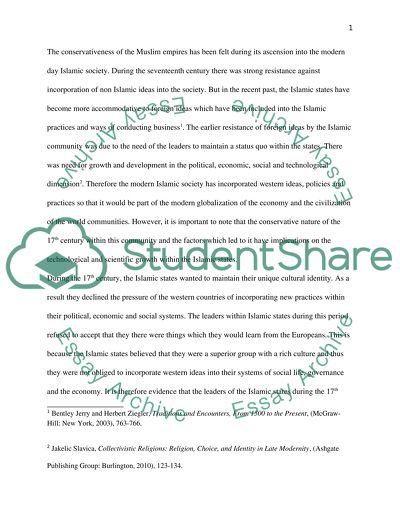Cite this document
(“Factors Contributed to the Increasing Cultural Conservatism in the Essay”, n.d.)
Retrieved de https://studentshare.org/history/1439102-what-factors-contributed-to-the-increasing
Retrieved de https://studentshare.org/history/1439102-what-factors-contributed-to-the-increasing
(Factors Contributed to the Increasing Cultural Conservatism in the Essay)
https://studentshare.org/history/1439102-what-factors-contributed-to-the-increasing.
https://studentshare.org/history/1439102-what-factors-contributed-to-the-increasing.
“Factors Contributed to the Increasing Cultural Conservatism in the Essay”, n.d. https://studentshare.org/history/1439102-what-factors-contributed-to-the-increasing.


